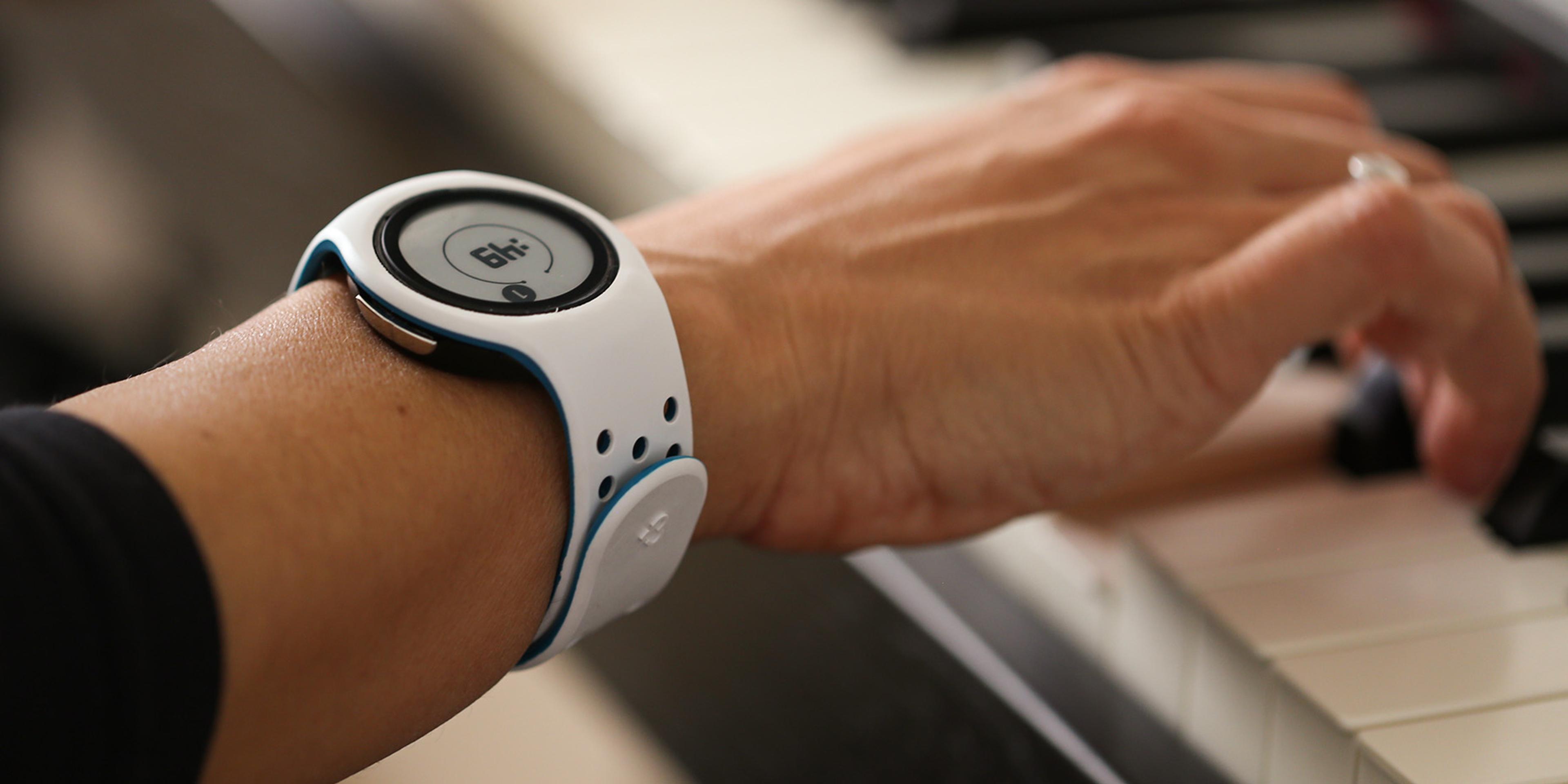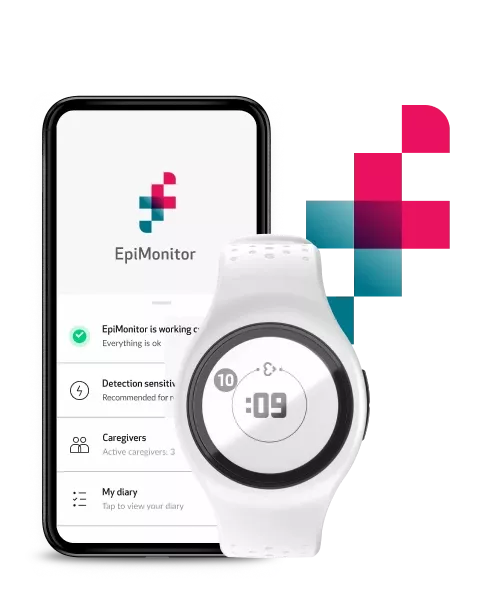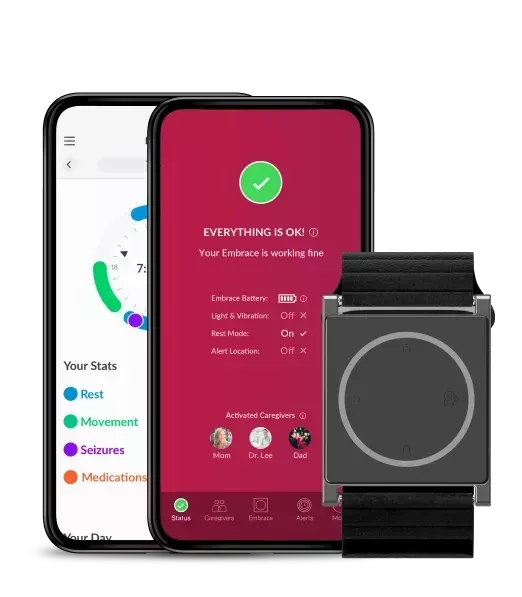How wearables and AI can help in the battle against COVID-19

In recent years, wearables have grown in popularity. As the number of health-conscious people also grows, the demand for tech that can actively monitor one’s health increases as well. But aside from helping you to stay on top of your health or sending notifications, studies have shown that wearable tech combined with artificial intelligence (AI) can be used to detect COVID-19 infections in people even before they start showing symptoms.
In a study published by Stanford University, experts were able to precisely identify two out of every three people infected with COVID-19 at least four days before they experienced symptoms. They were able to do this by using deviations in people’s resting heart rate. Similar findings were published by Scripps College, which used wearable data information such as heart rate, temperature, sleep, and activity levels. Researchers were able to predict COVID-19 with at least 80% accuracy — a remarkably better result compared to solely tracking people's symptoms.
In a pandemic, early detection is key. And this is one of the goals of developing wearable technology. By alerting the user that their biological data information points to early signs of infection, they can quickly isolate themselves and get a confirmatory test. Frank J. Penedo, professor at the Miller School of Medicine's psychology and medicine programs, explains how wearable tech can be used for early detection: "When you put it all together, you have a pretty comprehensive set of biological data that can give you a picture of how the individual is functioning prior to developing overt symptoms of disease.”
Nonetheless, wearable tech is a promising tool to help us overcome the pandemic. Empatica’s EmbracePlus, a medical device designed elegantly to look like a consumer smartwatch, features clinical-grade sensors which can help measure pulse rate, pulse rate variability, respiratory rate, electrodermal activity, and temperature. Through monitoring your vital signs around-the-clock, the EmbracePlus can also check for patterns that signify COVID-19 infection and notify you via a dedicated app. This, then, encourages you to self-isolate until you get the results of your COVID-19 test.
This can be done via the Empatica Aria algorithm, able to provide you with a daily risk. In addition, Aria can also be used to track patients or protect private institutions. Stringent screening and monitoring efforts have made it possible to further prevent COVID-19 from spreading. And through wearable tech and tracking platforms, it is far easier to monitor people and their condition. Despite the ongoing vaccine rollout, wearable technology can still be of great use in detecting early signs of COVID-19, especially for places with low vaccine confidence and slow vaccine procurement or distribution. In addition, this can aid us in the battle against COVID-19, and further development of this tech can prepare us for any similar viruses we might face in the future.
Specially written for empatica.com by Reese Jones.
The Aria system can be used by anyone aged 14 and up, and is now available across Europe for healthcare providers and other professionals who seek to contain the spread of infectious diseases within their communities. Contact sales@empatica.com or reach out to our team through this quick form to request more info.



